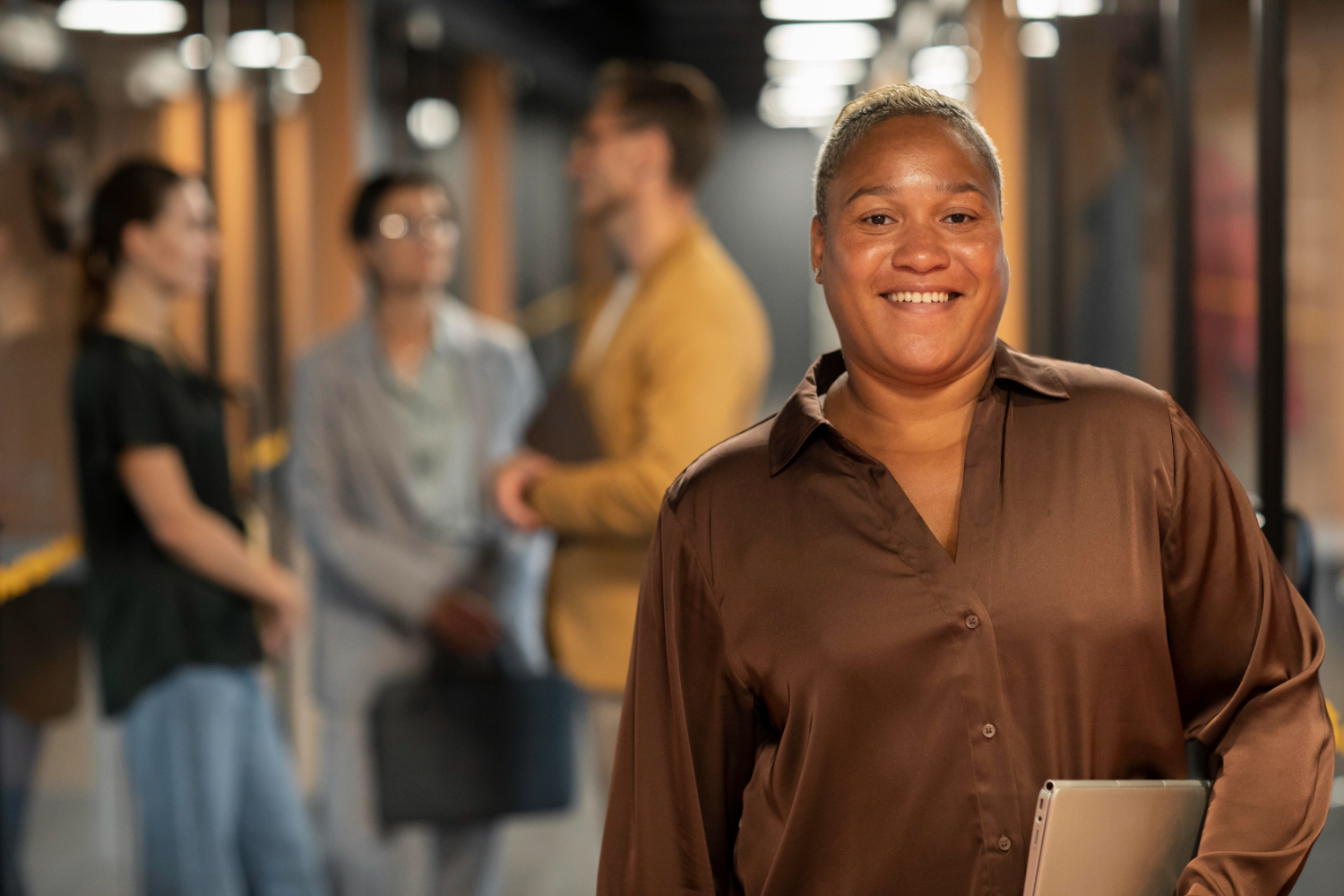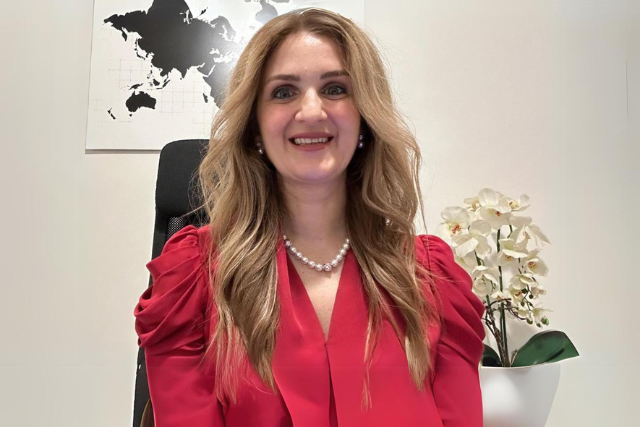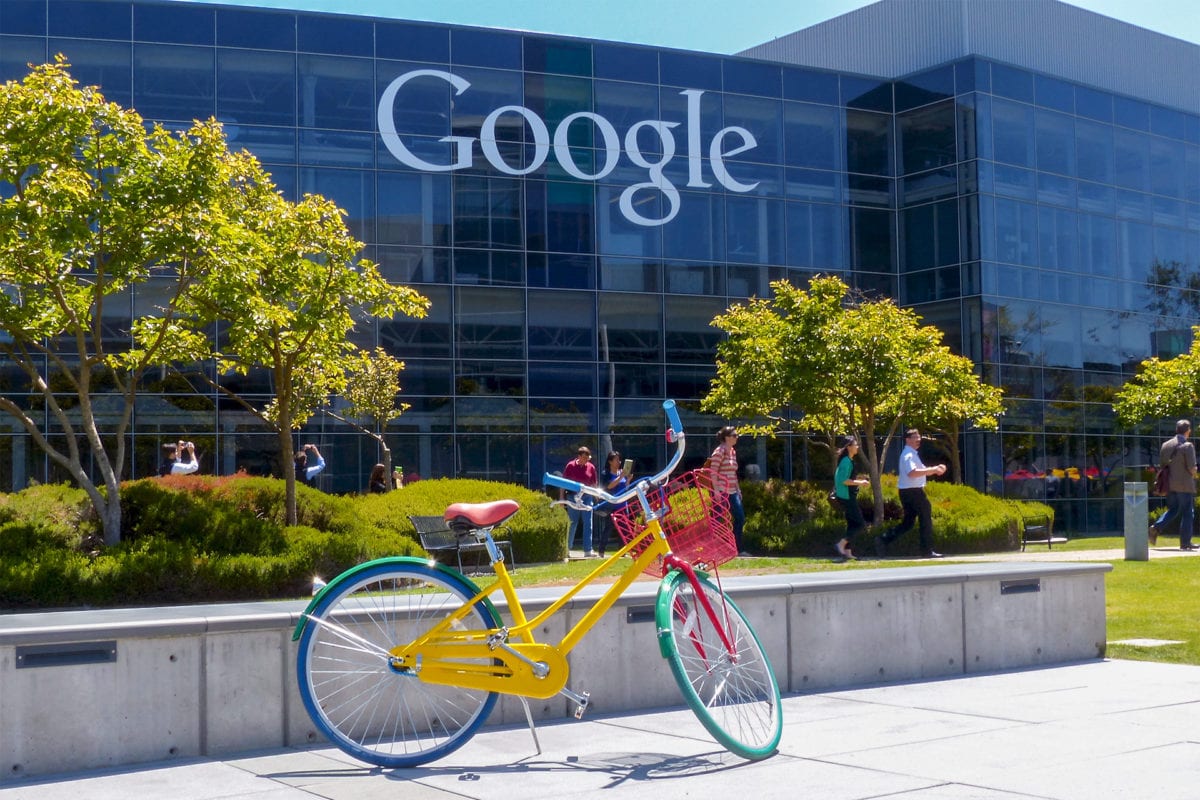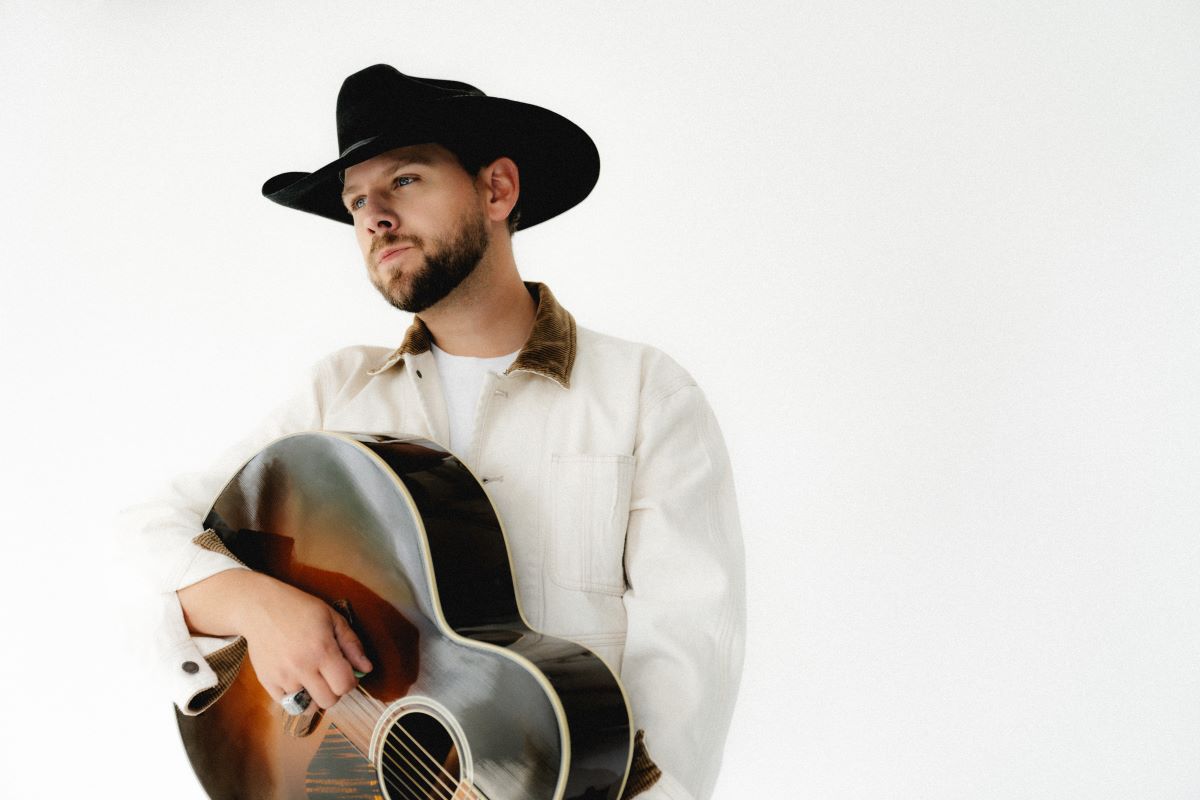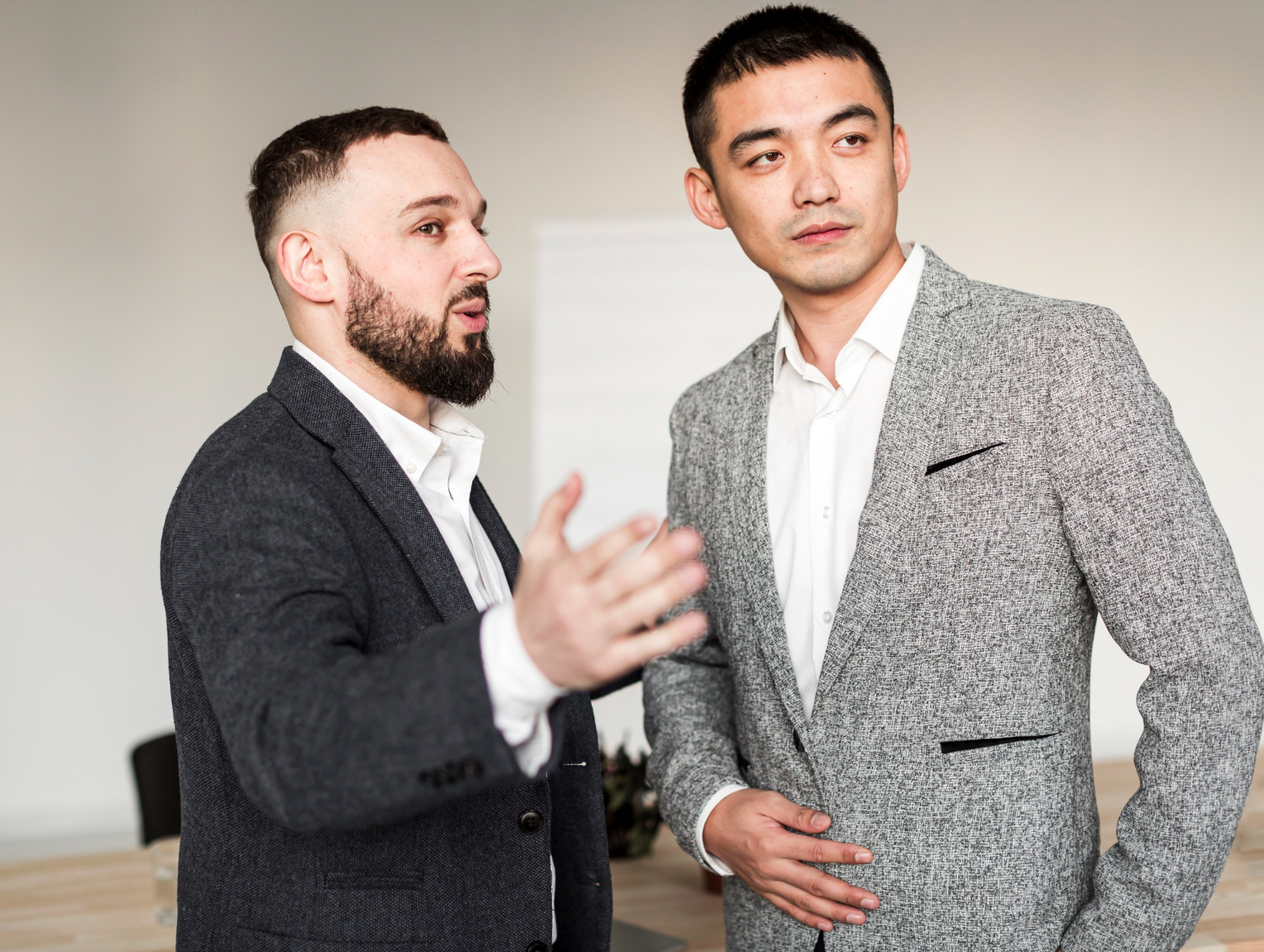James Malinchak is a successful motivational speaker, business coach, and author who gained widespread recognition after being featured on the ABC reality TV show Secret Millionaire. Known as the “Big Money Speaker,” James has been previously featured in The Edge. This is an excerpt from that interview, where he shares insights into his journey, his entrepreneurial philosophy, and the importance of philanthropy.
Your journey from a small-town upbringing to becoming a sought-after speaker and business coach is remarkable. How did your early experiences shape your approach to success and failure today?
My early experiences shaped my mindset. Like many people, I didn’t know exactly what I was doing when I started out. I quickly realized that success wasn’t just about having talent, but about understanding the business side. For instance, when I began speaking, I saw how others were not just delivering speeches, but building a business around them. That’s when I knew I had to approach this as a business.
One of my defining moments was when I found a picture of Zig Ziglar speaking in front of 20,000 people. I took a Polaroid of myself, cut my head out, and pasted it onto Ziglar’s body to visualize myself on that stage. I placed copies of that picture everywhere—to constantly remind myself that, even though I was broke and just starting, I would one day be the person on that stage, impacting thousands. This visual representation of my goal kept me focused. I didn’t know the exact path, but I knew where I wanted to end up, and that’s critical for success.
One highlight of your speeches is the importance of mindset in achieving goals. Can you share a pivotal moment in your career when a shift in mindset dramatically altered your path?
Mindset is everything. One of the most pivotal moments was realizing that I didn’t need to know the “how” to achieve success. I just needed to stay focused on the result. There was a time when I was speaking at small events, barely making a living, but once I decided to think bigger—to picture myself speaking to 20,000 people like Zig Ziglar—I started seeing different opportunities come my way. It was all about shifting my mindset from scarcity to abundance. it taught me a critical principle I now pass on to others: Don’t focus on the “how.” Focus on the result and let the “how” work itself out through the actions you take and the opportunities you create.
What role does adaptability play in sustaining long-term success, especially in industries as dynamic as coaching and public speaking?
Adaptability is crucial. The speaking and coaching industries are constantly evolving; if you don’t evolve with them, you get left behind. When I started, the tools available to speakers were utterly different than what we have today. We now have social media, online marketing, and platforms allowing speakers to reach global audiences from their living rooms. The key is being open to change and willing to pivot when necessary. Whether incorporating new technology or adjusting your message to better connect with current audiences, staying adaptable is the only way to stay relevant and sustain long-term success.
You’ve shared stages with world-class speakers and industry leaders. How have those collaborations influenced your philosophy on business growth and leadership?
Collaboration has been a massive factor in my growth. One of the things I’ve learned from sharing the stage with some of the best in the world is the importance of relationships. I tell everyone in my Big Money Speaker Bootcamp that success in business and life is all about creating, developing, and maintaining relationships. I use the acronym BMS— “B” for Buyer, “M” for Match, and “S” for Solution. It’s about identifying your prospective client’s challenge, matching it to your service, and delivering a solution that makes a difference. The best in the industry excel at this, and it has deeply influenced how I approach my business.
Entrepreneurship involves constant learning. What are some of the most unexpected lessons you’ve learned as a business owner and speaker, and how have they shaped your current practices?
One of the biggest lessons is that passion alone won’t pay the bills. Most entrepreneurs start their businesses because they’re passionate about something, but that’s not enough to succeed. You must master the business side—getting clients, keeping clients, and, most importantly, generating revenue. Most businesses fail within the first 12 to 18 months because they don’t prioritize income generation. I keep a sign in my office that says, “What’s the quickest way to the cash?” It’s not about being greedy; it’s about ensuring your business survives. I learned early on that you have to focus on profitability, which I pass on to all my clients.
Your coaching programs emphasize the importance of monetizing one’s message. What key elements do entrepreneurs often overlook when trying to create a scalable business model?
Many entrepreneurs focus too much on the product or service and not enough on the customer. They have this great product, but don’t understand that getting and keeping customers is the only way to build a scalable business. It’s not about how great your product is—it’s about how well you can connect with your audience and solve their problems. I always say you don’t need a 30-page business plan. My business plan is two sentences: Get and keep customers, and ensure you generate more net income than you spend. It’s really that simple. Focus on creating a customer-centric business, and scalability will follow.
Philanthropy has become a central theme in your work, especially after your time on Secret Millionaire. How do you balance your business ambitions with the personal mission of giving back?
After being on Secret Millionaire, I made philanthropy a priority. It’s not just something I do on the side—it’s in my business model. Through my programs, we’ve raised nearly $700,000 for various causes, particularly children’s charities. One cause that’s very close to my heart is supporting kids with cancer, as my sister fought cancer herself. It’s all about integrating your business ambitions with your values. I believe if you can help others, you should. Giving back isn’t just a responsibility; it’s a privilege.
What strategies do you recommend for entrepreneurs looking to grow their business and build a lasting legacy in their industry?
Building a legacy is more than just making money; it’s about your impact on others. If you want to create a lasting legacy, focus on solving problems for your clients in a way that genuinely transforms their lives. That’s what people will remember you for—not how much money you made, but how you made them feel and the solutions you provided. Legacy is also about creating something bigger than yourself. It’s about building a business that can run without you and a brand that people associate with trust, integrity, and positive change.
Having been in the industry for a long time and having seen it evolve, What are the following significant trends in speaking and coaching, and how should aspiring entrepreneurs prepare for them?
I think the future of speaking and coaching is moving toward a hybrid in-person and virtual model. The pandemic has shown us that you don’t have to be in the same room with someone to make an impact. Virtual seminars, webinars, and online coaching programs are here to stay. Entrepreneurs need to embrace technology, but at the same time, they need to remember that people still crave human connection. The speakers and coaches who can blend these two worlds—offering both digital solutions and personal engagement—are the ones who will thrive in the future.
Success often comes with sacrifice. What personal challenges have you faced in maintaining a healthy work-life balance, and how have you overcome them?
Work-life balance has always been a challenge, especially in the beginning when you’re building something from the ground up. There were many late nights and early mornings. But as I’ve grown in my career, I’ve learned the importance of setting boundaries and making time for the things that matter outside of work. I’ve realized that success isn’t just about professional accomplishments, but also personal fulfillment. Today, I’m more intentional about carving out time for family, friends, and my well-being. It’s something that requires constant attention, but it’s worth it.
Jennifer M. Williams | Editor-in-Chief











